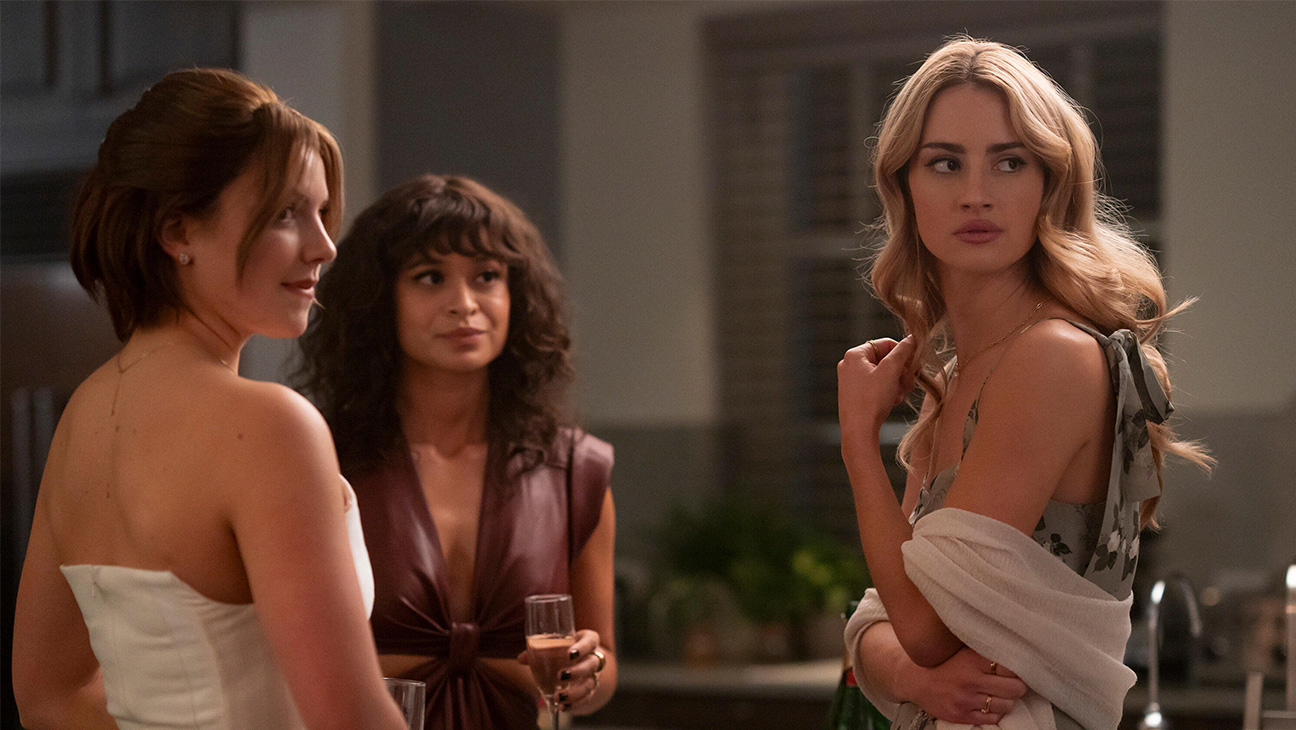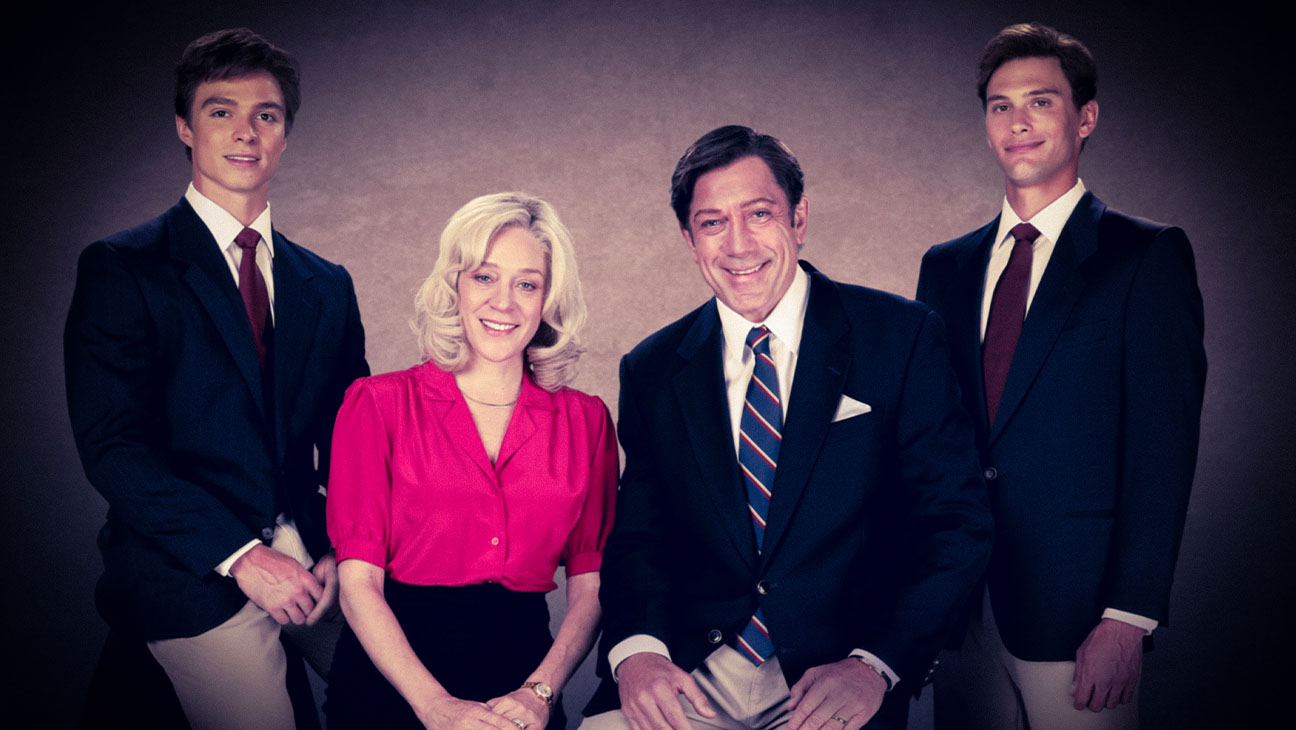[This story contains spoilers for Deadpool & Wolverine.]
Unsurprisingly, much of the discussion surrounding Deadpool & Wolverine, both positive and negative, has focused on the so-called cameos in the film. Is it simply fan service? Do we care about seeing those characters again? Are they the purpose of the movie? Does it say anything about us as a culture? The answers will naturally vary and lead to a vast amount of discourse, much of it exhausting.
Deadpool & Wolverine is being used as a litmus test for various things, art, commercialism, consumerism, and the capability to have fun or not. None of those tests are particularly interesting, and I’d argue they are outside of the parameters of what Deadpool & Wolverine is actually about, which is: who decides which stories matter?
Do you remember the first Marvel movie you saw? Maybe it was Blade (1998), Spider-Man (2002), Iron Man (2008), The Avengers (2012), or any of the other numerous comic book adaptations that have populated our screens for over 30 years. Perhaps it was even Mark Goldblatt’s The Punisher (1989) or Albert Pyun’s Captain America (1990), and if so, I bow down to you in respect. If it was Willard Huyck’s Howard the Duck (1986), I bow down and offer my sympathy.
My first Marvel movie was X-Men (2000). I was ten and I saw it with my dad. It was an incredible experience, particularly for someone who religiously watched X-Men: The Animated Series and followed the film’s casting and production in Wizard Magazine (RIP!). I’ve watched every Marvel movie since. All of them, the ones I loved, the ones I didn’t, and the ones I found simply OK, have made an impact on me, how I see this current age of MCU films, and how I see Deadpool & Wolverine. All of those movies mattered in some way or another, and all of them are attached to different points in my life, memory anchors for great times and tough times.
I saw Spider-Man 2 (2004) amidst a terrible time of depression and anxiety. I saw Elektra (2005) with my mom on a day we were simply hanging out. I saw The Incredible Hulk (2008) the night I first told my girlfriend, now wife, I love her. I missed seeing The Marvels (2023) in the theater because I was recovering from a kidney transplant. All of this is to say, your relationship with this movie, or any particular movie doesn’t have to be a shared experience. And as I’ve said before, I find film criticism to be less about attempting to be an arbiter of quality, and more about providing a window to a subjective perspective. So let me open my window for you and give you a look at what I took away from Deadpool & Wolverine.
As the MCU has grown increasingly popular there’s been a reoccurring fan rhetoric that directly and indirectly suggests that Marvel films and characters outside of that franchise are meaningless. Of course, this sentiment is not all-encompassing, but it’s apparent enough that it’s hard not to notice. Not unlike Deadpool & Wolverine’s Mr. Paradox (Matthew Macfadyen), there is a desire to simply have only a single franchise, a sacred timeline in which everything neatly fits into a single narrative strand overseen by one entity, the TVA, or in this case, Disney.
We see it every time a new entry of Sony’s Spider-Man Universe is announced or released. The common refrain is, “sell the rights back to Marvel.” I’ll never forget the kind of frothing pleasure many fans took in the news of Disney’s merger with 20th Century Fox, which largely consisted of remarks about how the X-Men would finally be done right, and all the characters Marvel Studios now had access to. Never mind that there was a good share of Fox Marvel films that stand among some of Marvel’s best adaptations, notably Logan (2017), which Deadpool & Wolverine grapples with. Never mind that there were creatives and actors passionate about seeing this world continue or at the very least build to an ending. And never mind that there were still stories to be told: Gambit, X-23, and others.
I find the notion that only Marvel Studios is capable of making good Marvel movies to be profoundly boring, and ironic since the Marvel films outside of Marvel Studios are where Feige cut his teeth. Yes, he was even involved with Elektra and Fantastic Four: Rise of the Silver Surfer (2007). Sure, 20th Century Fox took liberties with the source material, and Sony is taking liberties on its end. But Marvel Studios has taken plenty of liberties, some that have worked wonderfully and others that have left us scratching our heads or wishing for a different outcome. That is consistent across any superhero comic adaptation, and consistent across studios. But this idea that Marvel Studios is the end-all-be-all of superhero films is comical, and Deadpool & Wolverine leans into that even within the context of being a Marvel Studios production.
Surprisingly, Shawn Levy’s film isn’t about getting Deadpool (Ryan Reynolds) into the MCU, it’s about Deadpool preserving stories outside of it, maintaining that those characters, each with their own lives, matter. And that’s the true gift of the multiverse. It’s not to meet some fan expectations of seeing Robert Downey Jr. come back as the evil Superior Iron Man or Chris Evans playing HYDRA Cap. It’s not even about seeing Wolverine (Hugh Jackman) pal around with the Winter Soldier (Sebastian Stan) or go blow for blow with the Hulk (Mark Ruffalo). The multiverse is a chance for creatives to assert that the stories, residing outside of the MCU, mattered be that in the form of bringing back familiar faces from the past, or resurrecting the X-Men with X-Men 97.
Deadpool’s search for purpose, a purpose he believes can only be fulfilled by joining the Avengers, speaks directly to this, not only in terms of what the initial expectation for a Marvel Studios Deadpool film would look like but also Reynolds’s relationship with Deadpool. During the Deadpool & Wolverine press circuit, Reynolds has been open about the fact that he didn’t know if another Deadpool movie would happen after the Fox merger, and that he had difficulty finding his way into a narrative that would work within the MCU and still honor the character and the relationships Deadpool had built throughout his two previous films. An unexpected call from Hugh Jackman wanting to unretire as Wolverine changed things, but even then, there were still questions of whether Deadpool and Wolverine could serve a purpose after the end of the Fox X-Men franchise, and the death of Wolverine in the franchise’s lynchpin entry, Logan. And so, this idea of preserving what was, in leaving the events of the Fox films unaltered, while also creating the possibility of what could be with discarded characters and concepts, becomes the driving force behind Deadpool & Wolverine.

Logan
Ben Rothstein/20th Century Fox Film Corp./Courtesy Everett Collection
If you’ve seen the film, you know it features appearances from Elektra (Jennifer Garner), Gambit (Channing Tatum), Laura/X-23 (Dafne Keen), Johnny Storm (Chris Evans), and the man in black himself, Blade (Wesley Snipes). If you haven’t seen it, what are you doing still reading this? I’d argue that these characters aren’t simply cameos but supporting roles, playing heavily into the plot of the film and its themes of purpose and preservation. There is something amusing about hearing people clap and cheer in the theater for these characters’ appearances, characters, some of whom were derided over the quality of the movies they appeared in, and some of whom were set to star in movies that never got made.
And the same could be said for some of the actors as well, actors who have been the subject of rumors about deeply held feuds, or frequently wished for recastings over the years. Deadpool & Wolverine knows exactly how to play to its fans, but it isn’t afraid of jabbing them a little bit too, reminding many of them that these are iterations of the characters they swore off, actors who were said to be wrong for the role, or franchises whose demise they eagerly cheered for if it meant Wolverine could have a WWII flashback fighting alongside Captain America (Chris Evans).
There’s an irony in seeing characters from franchises that Disney devoured and replaced and now profit off of, given respect here, notably Garner’s Elektra whose film appearances had the least amount of fan approval. But as much as these movies are, sometimes rightly and sometimes wrongly, attributed to the studio rather than the directors or writers, it does feel like Deadpool & Wolverine asserts the voice of its filmmakers in their belief that the MCU is not the only part of Marvel’s cinematic history worth remembering or being invested in. And Deadpool could’ve disappeared into the Void, just as easily as any of these other characters did, despite the popularity of Reynolds’s portrayal.
Reynolds certainly seems aware of this given how the film handles the character, and his own relationship with Marvel beginning with the much-maligned Blade: Trinity (2004), a production where Reynolds first learned about Deadpool. Following Deadpool 2 (2018), Deadpool could’ve been rebooted, his first two films exorcised from canon, and his supporting cast replaced. But he wasn’t and they weren’t, and within the meta-narrative that is Deadpool & Wolverine, it feels consequential that he not only survived and plucked others from the cosmic trash heap of the multiverse (or corporate mergers), but fought to save the existence of his earth when the fan expectation pointed to it being destroyed.
There remains a consistent layer of empathy throughout the Deadpool films and I admire the insistence here on not throwing characters, worlds, experiences, or memories away simply because they didn’t all pan out. While I have no delusions of personifying a corporation or believing that any of this matters to Disney as a business outside of the box office, I do think there’s genuine intentionality behind the filmmakers here that allows Deadpool & Wolverine to serve as a celebration of the Marvel films outside the MCU, as the credits montage shows, and to give many characters an ending they deserve and a perhaps a future that isn’t predicated on their status as Avengers on the Prime Timeline.
While I’m not ashamed to admit that nostalgia certainly plays a part in my relationship with Deadpool & Wolverine, what made it more than simply another superhero film is the meta-acknowledgment that many of our timelines, imperfect as they may be, populated with the varying quality of these fictional stories we experienced and hung our memories and emotions on, can serve a purpose, inconsistent as they may be. Given these superhero stories were intended as reflections of humanity at their best and worst, that acknowledgment feels fitting, just as snug and right as Deadpool’s costume before a full day of maximum effort.



